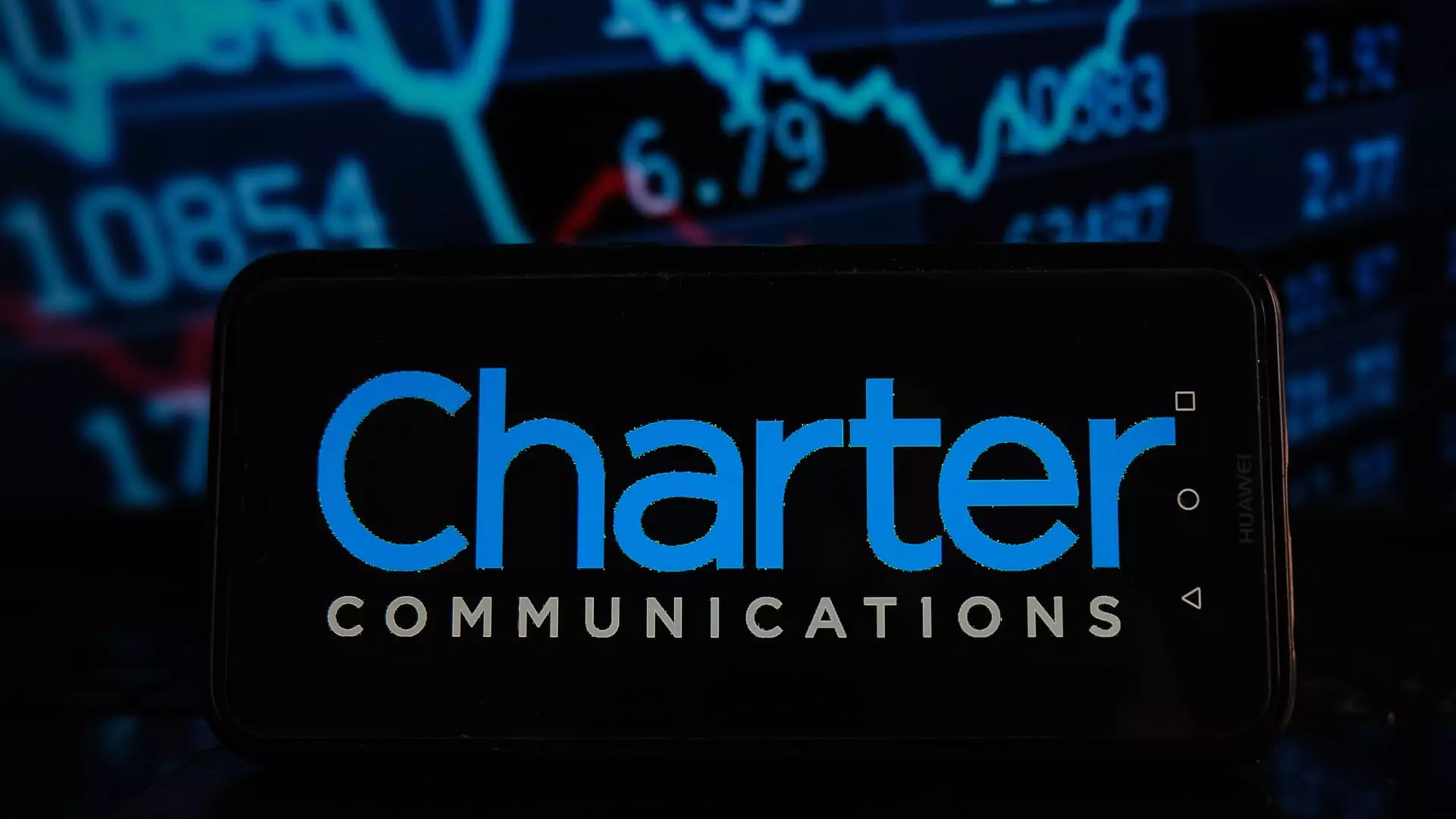In a landscape constantly reshaped by technological advancements, the recent merger between Charter Communications and Cox Communications is a stark reminder of the growing monopolistic trends in the cable and broadband industries. Valued at a staggering $34.5 billion, this agreement signals more than just a convergence of businesses—it symbolizes the potential erosion of consumer choice at a time when competition is not just beneficial, but essential.
The stakes are alarmingly high, as this merger forms a conglomerate that could dominate the broadband market in the United States. It is hard to ignore the implications of such consolidation when we consider the vital infrastructure that broadband represents in our modern society. As cable companies continue to face declining subscriptions for traditional cable television—losing 181,000 cable TV customers in one quarter alone—it begs the question: will consumers really see any benefits from this partnership, or are we poised to suffer under the weight of yet another corporate titan?
The Illusion of Synergy
Charter’s assertion that they will achieve approximately $500 million in annual cost synergies within three years sounds enticing on the surface. However, history has shown us that cost-cutting often translates into diminished service quality. When two giants combine forces, they typically streamline operations and reduce headcount, which can lead to reduced customer support and fewer services offered. This merger does not promise a goldmine of innovation; rather, it opens up a path to increased prices for fewer choices.
Moreover, Charter’s intense competition from wireless services, like 5G internet, could be obscured under the weight of corporate rigidity. In an age where flexibility and adaptability are crucial for survival, a merged entity might struggle against the very forces it aims to eradicate. The loss of competition might further entrench a stagnant cycle of price hikes and lackluster innovation as consumer options dwindle.
Political Ramifications
From a politically liberal standpoint, this merger poses serious concerns regarding consumer rights and market fairness. With Charter and Cox wielding greater clout over the telecommunications landscape, the clear risk of regulatory capture arises, where lobbyists and political powerhouses dictate terms favorable to conglomerates rather than citizens. This merger does not just produce a larger corporation; it enhances the potential for corporate governance to intertwine dangerously with public policy.
As we lean toward a more connected and digital-dependent society, it is paramount that we advocate for diversity of choice in the broadband sector. The reality is that the Charter-Cox merger is less about providing better services and more about positioning themselves to weather the growing storm of innovative technologies. A more engaged consumer base should demand competition—not just for the sake of competition itself, but for the future well-being of the entire information ecosystem.
The Future of Consumer Choice
The roadmap laid out by the newly merged entity prioritizes corporate advantage over consumer satisfaction. As Charter aims to leverage its mobile offerings to compensate for cable TV losses, we must scrutinize whether bundling services will indeed be beneficial or simply a harkening back to the days of cable monopolies—when consumers were forced into convoluted contracts tied to massive, impersonal companies.
Making matters worse, the retention of key Cox family board members and the promise of a prevailing presence in states like Georgia signal more regional entrenchment rather than a progressive, consumer-centric approach. The dream of equitable broadband access could be overshadowed by the ambitions of a few corporate executives locked in a boardroom, seemingly disconnected from the realities faced by average consumers struggling with rising costs and limited service.
In aggregating power, the Charter-Cox merger could set a dangerous precedent that deflates the competitive spirit essential for innovation. It raises critical questions of how much consumer choice we are willing to sacrifice at the altar of corporate greed. In our quest for progress, it’s vital that we challenge, scrutinize, and engage with the forces that shape our infrastructure. Only through vigilance can we ensure that the digital future does not become a corporate-fueled nightmare for the very consumers who depend on it.

